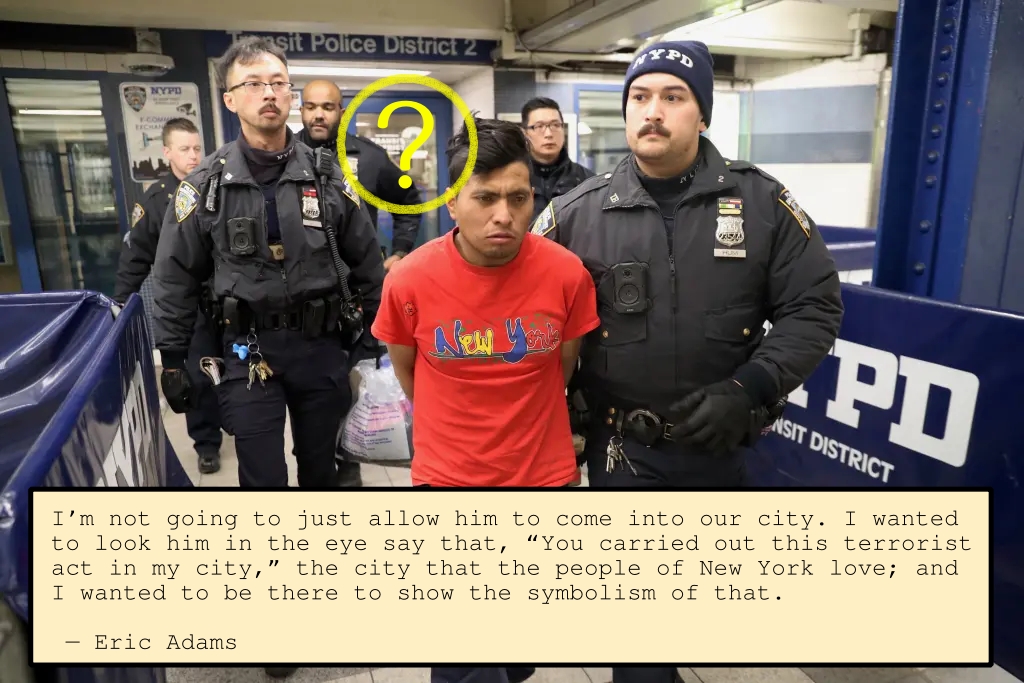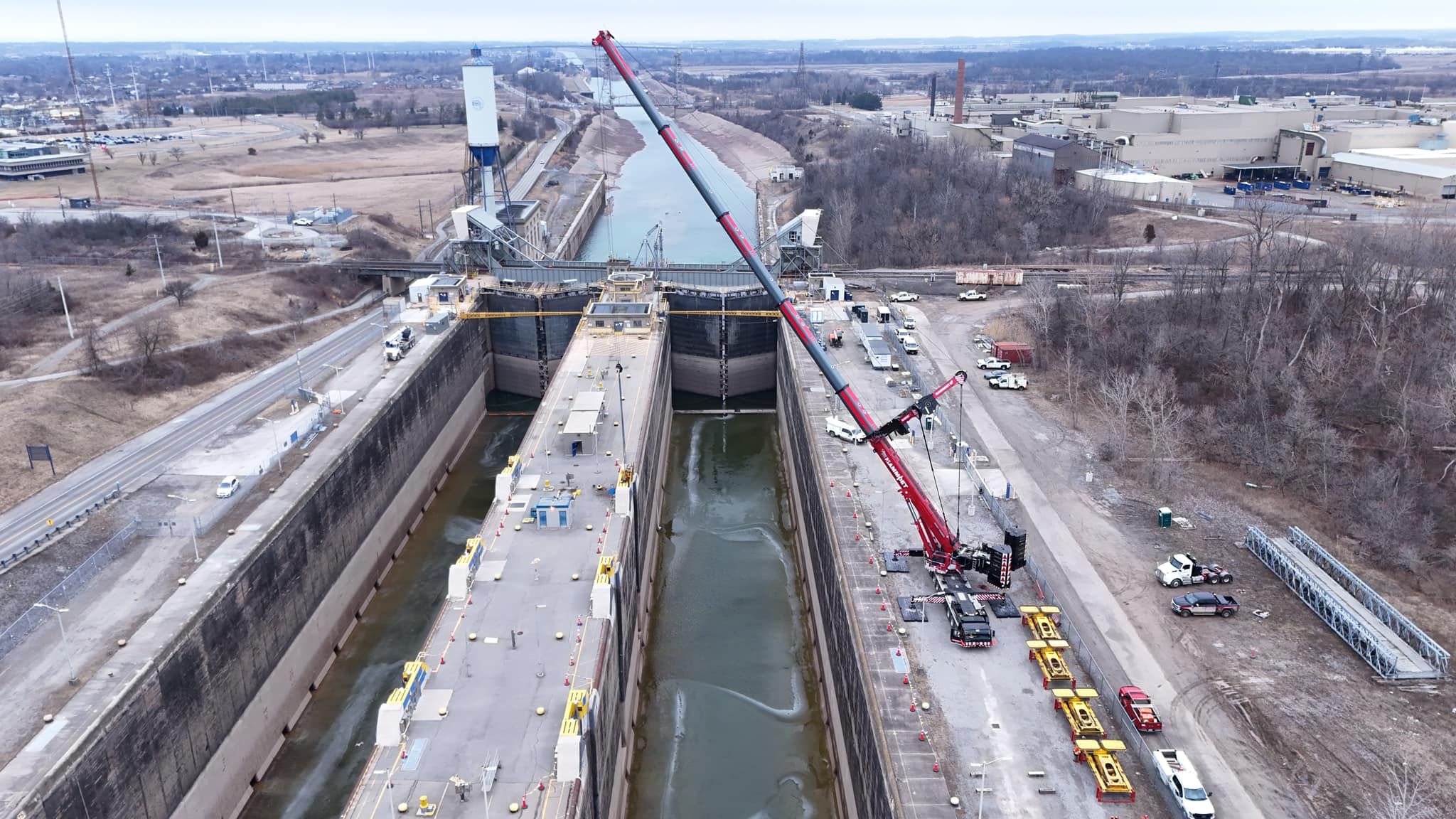With a giant dollop of "the car is part of my identity." It's how Americans conceptualize themselves in society. That's why we have emotional-support pickup trucks, "Jeep people," every first-generation Asian citizen has a Honda Accord, minivans symbolize emasculation, et cetera. Honestly, sometimes I think that the mental image of "person" in the American mind has four wheels.
SwingingTheLamp
On the other side, it never occurred to me that I'm short until I got on the original craigslist.org, back when it was Bay Area-only. The number 5'10" was absolutely ubiquitous. If I searched the w4m personals, it'd match about half of the postings. Searching for 6' matched quite a few more.
Some of the dating sites back in the day allowed people to specify their requirements in a partner. I noticed that the taller the woman, the taller her height requirements, of course. But also, the shorter the woman, generally the taller she wanted. It seemed like the minima was a height requirement of about 5'8" for men. (This was the Midwestern U.S.; results may have varied elsewhere.)
But, here's the kicker, if we don't know anything about this other plane of existence, then how can we know that our universe couldn't spontaneously arise from it without the intent of a creator? That's the crux of the question: We have a mystery about the origin of our existence, and "solving" the mystery by saying, "God did it," is just sweeping the mystery under the rug and pretending it's not there. What OP was able to see at 7 or 8 years old was that the mystery was still there, but with an unexplained extra step added.
This is kind of like asking a man being attacked by a bear, "When did bears become your whole thing?"
The land-value tax is the only fair tax, after all.
I don't have to try, since here you're claiming that hospitals in countries with brown-skinned people are substandard and unhygienic.
Not a myth, I've seen it.
And she was not one of the grossest humans alive, but just had some hangups about "down there" that kept her from washing her vulva well.
And then there are people who envision all brown-skinned people as performing FGM with a piece of broken glass in a grass hut, when in fact, most instances of it are also hospital-performed medical procedures.
It's not controversial to say that women differ sexually, right? For example, some women can orgasm from penetration alone, and others need more-direct clitoral stimulation. Everybody knows this, or should know this.
Would it be controversial to claim that, hey, perhaps men differ, too? What if we're not exaggerating how much of a difference it makes? There are intact men right here in this discussion who say that most of their sensation comes from their foreskin, and they don't feel much from their glans. It would destroy their enjoyment of sex to cut it off, even while many men wouldn't notice much change, because most of their sensation comes from the glans.
id rather bust fast than not be sensitive down there
For what it's worth, my friend tells me that in his experience, intact men have better awareness and control of their level of stimulation, and therefore last longer.




Image search for "biblically accurate angel". It's nightmare fuel, like the hallucinations of early image generation neural networks. Or, more historically, migraine or seizure visualizations. The snake probably would be less frightening.